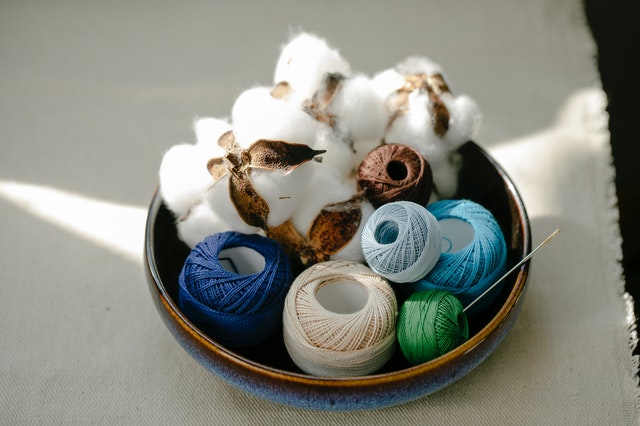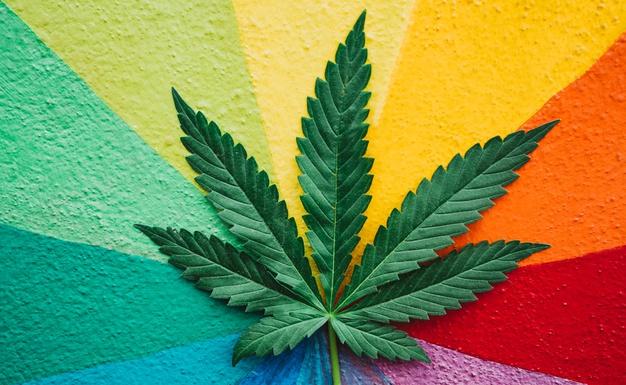Hemp has been used for thousands of years in Asia and the Middle East for making textile fibers. The hemp plant stalks create an extremely durable and tensile fabric. Confusion in the Western world over the Cannabis sativa plant forced a switch to cotton for making fabric. Both hemp and cotton work as good products for clothing, but hemp has an advantage over cotton. Here are 4 reasons why we should use hemp in all countries now that the controversy of hemp has ended.
1. The Myth About Hemp
There are two categories of Cannabis sativa that are hugely different. The female plant is one strain that has a substantial amount of tetrahydrocannabinol (THC). The male strain has very little THC and psychoactive chemical constituents called cannabinoids. Not always, but most female strains have been manipulated for the production of fibers that are used for rope, material, and paper products. Cotton is only used as a source of clothes, bedding, and some oils.
Being readily available to grow, manufacture, and provide more than cotton, hemp is now considered a growing commodity. Stronger than cotton, highly absorbent to water, and diversified to make several different products, the market of hemp has nowhere to go but up. Antibacterial properties are another great benefit that cotton lacks. While cotton can allow the growth of bacteria and different kinds of fungi, hemp can ward off. This makes hemp a better option compared to cotton as it is easier and safer on your skin.
2. The Benefits of Hemp over Cotton
Compared to cotton, hemp has more breathability and is highly resistant to pilling. The fact that 250-300 thread count variations are possible, the quality of the textile is higher. Hemp is very durable and can last 3x longer than cotton fabric. The number of washings also has little effect on the fibers degrading. Clothes will stay looking newer and last longer than regular cotton material.
Health products are also possible with industrial hemp. Embarc, a South Lake Tahoe Dispensary educates the world on how hemp can aid with emotional issues, relieve pain, and create a stress-free life. Many other healing properties can be found in topical creams and oils.
3. Hemp is Environmentally Sustainable
Hemp leaves a negative footprint on the ecosystem. This plant does not require pesticides nor herbicides to grow well. It absorbs more carbon than it produces and releases very few toxic substances into the soil. Less land is needed to grow hemp as compared to cotton, making it a truly green product. Hemp can also grow without disrupting the earth’s water supply where cotton has a big need for moisture.
4. Hemp Grows Well
Growing hemp is desirable in mild climates with high humidity. Cotton cannot tolerate frost and must be grown in long warm summers. Having a longer growing season helps a crop yield more stalks for more diverse products. Agricultural regulations are changing to accept the necessity of change for a crop long denied.
Hemp is known for returning nutrients to the soil and increasing the nutrients. It is also capable of breathing in large amounts of carbon dioxide and giving out fresh oxygen. When one compares the growing season of cotton to hemp, you will find that cotton requires lots of pesticides that can settle in the earth and disrupting the air and mammals around. Hemp more or less grows itself without the aid of toxic and dangerous chemicals.
The Cost Factor of Hemp
If there had been an earlier understanding of hemp, there would not have been a big price difference in hemp vs. cotton. Because producing hemp fabric should not cost more than producing cotton. However, because of the newness of hemp and the legal technicalities of this market, today’s hemp is still more expensive than cotton. As time goes on, the availability and cost will decrease to make it more desirable. When you consider the simplicity and efficiency of growing hemp, it only makes sense that hemp will become a leader in fabric.
It is hard to imagine how much the Western world could have benefited from hemp if we had only known the benefits available. Moving forward, we will improve.















